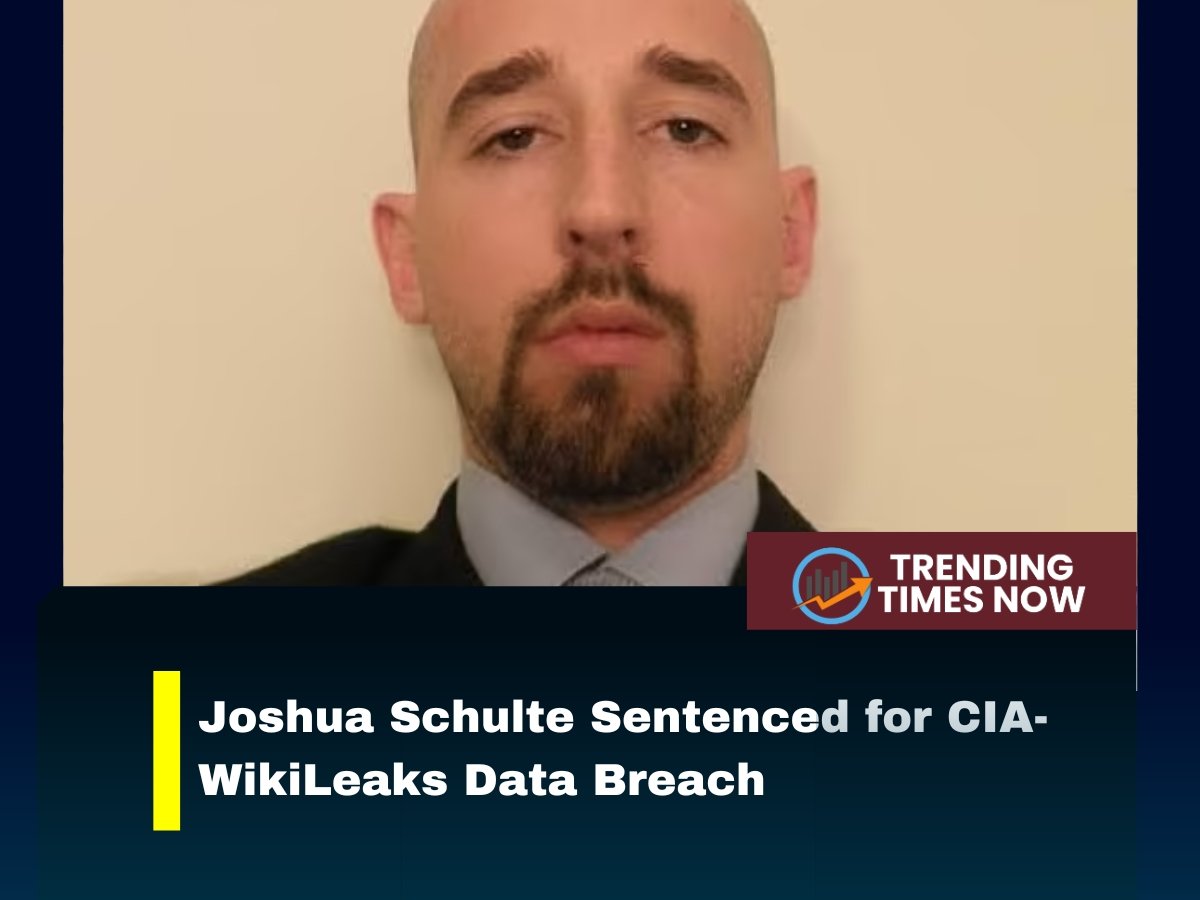In a landmark case that has gripped the nation, Joshua Schulte, a former CIA software engineer, has been sentenced to 40 years in prison, drawing a line under one of the most controversial and high-profile leaks in U.S. history. Schulte, 35, was convicted for his role in the notorious Vault 7 WikiLeaks disclosure, which exposed a treasure trove of CIA secrets, alongside charges related to possessing child sexual abuse material.
Vault 7: The Leak That Shook the Intelligence Community
The Vault 7 leak, described as a “digital Pearl Harbor,” laid bare the CIA’s overseas spying operations, revealing how U.S. spies hacked smartphones and attempted to turn smart TVs into listening devices. The leak not only caused a massive breach of security but also led to an “all-out war” against WikiLeaks, with discussions on extreme measures against its founder, Julian Assange. The repercussions of Schulte’s actions are said to have profoundly damaged the CIA’s intelligence-gathering capabilities, risking lives and costing the agency hundreds of millions of dollars.
Schulte’s Motivations and Actions
Schulte, who had been in custody since 2018, was not driven by altruism but by “anger, spite, and perceived grievances” against the CIA, where he felt his complaints were disregarded. His theft and transmission of CIA data to WikiLeaks marked one of the most significant unauthorized disclosures of classified information in U.S. history.
The Sentence and Its Implications
The 40-year sentence, along with a lifetime of supervision upon release, underscores the gravity of Schulte’s crimes, including espionage, computer hacking, and the possession of child abuse material. His actions, according to U.S. Attorney Damian Williams, constitute “some of the most brazen, heinous crimes of espionage in American history.”
A Digital Era of Espionage and Whistleblowing
Schulte’s case highlights the delicate balance between national security and the public’s right to know. It raises critical questions about the role of whistleblowers, the responsibility of intelligence agencies, and the potential for abuse within the digital surveillance apparatus.
Looking Ahead
As Schulte prepares to serve his sentence, the debate over digital privacy, government transparency, and the ethics of whistleblowing continues. The Vault 7 leak serves as a stark reminder of the vulnerabilities inherent in the digital age and the ongoing challenges faced by intelligence agencies in safeguarding national security.







